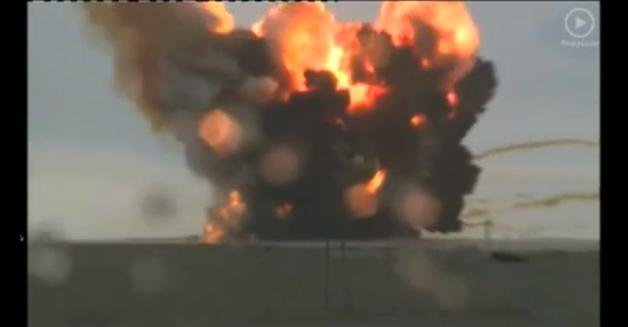The explosion of a Russian Proton-M rocket booster, destroying $200-million in navigation satellites, is the latest in a series of accidents that has some questioning the viability of the country's space program as it currently operates.
Alexander Lopatin, the deputy head of Roscosmos, will lead a commission to investigate Tuesday's crash, the agency announced, but it's clear the incident is part of system-wide troubles.















